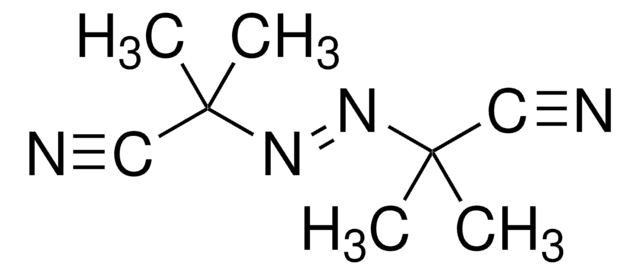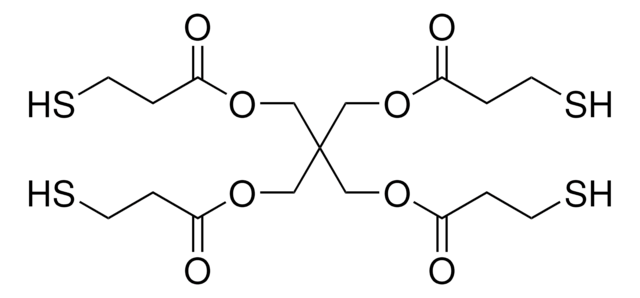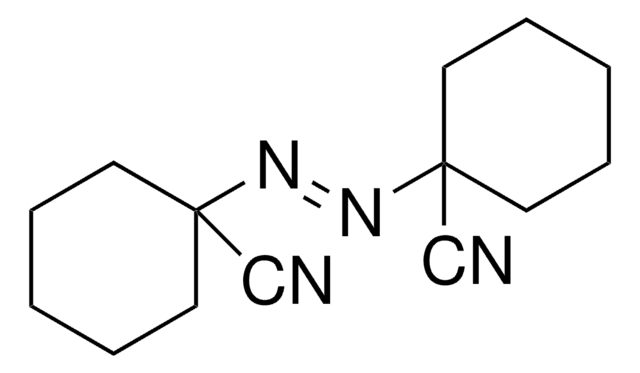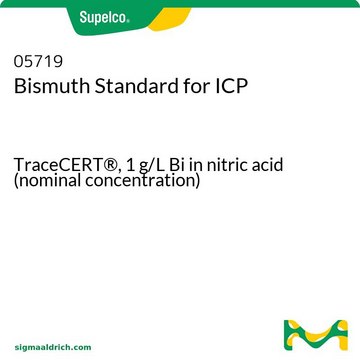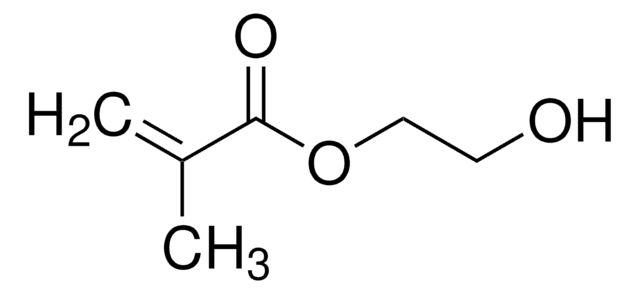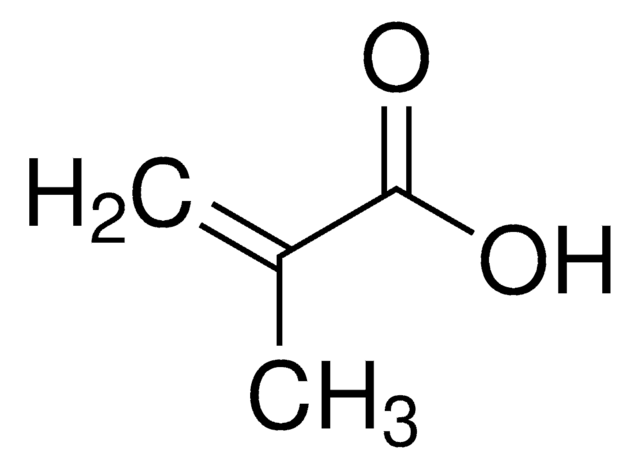11630
2,2′-Azobis(2-methylpropionitrile)
purum, ≥98.0% (GC)
Synonyme(s) :
α,α′-Azoisobutyronitrile, AIBN, Azobisisobutyronitrile, Free radical initiator
About This Item
Produits recommandés
Qualité
purum
Niveau de qualité
Essai
≥98.0% (GC)
Forme
solid
Impuretés
≤2% water
Résidus de calcination
≤0.1%
Pf
102-104 °C (dec.) (lit.)
Température de stockage
2-8°C
Chaîne SMILES
CC(C)(\N=N\C(C)(C)C#N)C#N
InChI
1S/C8H12N4/c1-7(2,5-9)11-12-8(3,4)6-10/h1-4H3/b12-11+
Clé InChI
OZAIFHULBGXAKX-VAWYXSNFSA-N
Vous recherchez des produits similaires ? Visite Guide de comparaison des produits
Description générale
Application
- Polymer Chemistry: Analysis of polymer synthesis using AIBN under various conditions, with emphasis on thermal initiation properties (Suriyanarayanan & Nicholls, 2019).
- Influence of cyclodextrin on the UCST-and LCST-behavior of poly (2-methacrylamido-caprolactam)-co-(N, N-dimethylacrylamide): Explores the role of AIBN in copolymerization processes influencing polymer properties relevant to material science applications (Burkhart & Ritter, 2014).
- Preparation and characterization of polyaniline microcapsule loaded with 2, 2′‐azobis (2‐methylpropionitrile) initiator and its controlled release: Demonstrates innovative applications of AIBN in microencapsulation techniques, targeting enhanced performance in adhesive industries (Zhang et al., 2022).
Stockage et stabilité
Autres remarques
Mention d'avertissement
Danger
Mentions de danger
Conseils de prudence
Classification des risques
Acute Tox. 4 Inhalation - Acute Tox. 4 Oral - Aquatic Chronic 3 - Self-react. C
Risques supp
Code de la classe de stockage
4.1A - Other explosive hazardous materials
Classe de danger pour l'eau (WGK)
WGK 2
Point d'éclair (°F)
122.0 °F
Point d'éclair (°C)
50 °C
Équipement de protection individuelle
Eyeshields, Faceshields, Gloves, type P3 (EN 143) respirator cartridges
Faites votre choix parmi les versions les plus récentes :
Déjà en possession de ce produit ?
Retrouvez la documentation relative aux produits que vous avez récemment achetés dans la Bibliothèque de documents.
Les clients ont également consulté
Notre équipe de scientifiques dispose d'une expérience dans tous les secteurs de la recherche, notamment en sciences de la vie, science des matériaux, synthèse chimique, chromatographie, analyse et dans de nombreux autres domaines..
Contacter notre Service technique